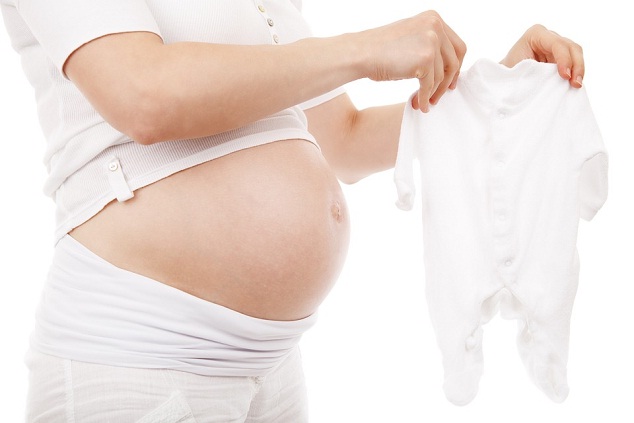Important advice for pregnant women during lambing season
With spring just around the corner the Public Health Agency (PHA) is reminding pregnant women about the risk of close contact with sheep during lambing season.

The PHA is advising women who are, or think they may be, pregnant to reduce their risk of miscarriage and infection by avoiding close contact with sheep during lambing season, which runs from February until around the end of April.
Dr Gerry Waldron, Assistant Director of Public Health (Health Protection) at the PHA, said, “Pregnant women who come into close contact with sheep during lambing may be risking their own health and that of their unborn child from infections that can be transferred from ewes.
“The number of reports of these infections and human miscarriages resulting from contact with sheep is extremely small.
“However, it is important that pregnant women are aware of the potential risks associated with close contact with sheep during lambing,” he added.
To avoid the possible risk of infection, pregnant women are advised that they should: not help to lamb or milk ewes; avoid contact with aborted (miscarried) or new-born lambs and with the afterbirth, birthing fluids or materials (e.g. bedding) contaminated by birth fluids.
They should also avoid handling clothing, boots, etc which have come into contact with ewes or lambs; and ensure your partner washes thoroughly after contact with ewes that are lambing.
It is also important to note that these risks are not only confined to the spring (when the majority of lambs are born), nor are the risks only associated with sheep.
It is also important to note that cows and goats, which have recently given birth, can also carry similar infections.
Pregnant women should seek medical advice if they experience fever or influenza-like symptoms, or are concerned they could have acquired infection from a farm environment.
Short URL: https://newrytimes.com/?p=66180













